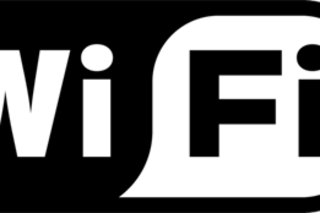We brought you the good. It's time for the bad. Two weeks ago the Federal Communications Commission approved the opening of the "white spaces"—unused frequencies between the TV channels that became available when TV converted to digital. There's certainly cause to be excited: This could lead to "super wi-fi," or "wi-fi on steroids." The new range is in a lower frequency than current wi-fi, which could allow it to penetrate walls and travel longer distances than our current networks, and it can be used without a license. But there are also plenty of challenges that could keep super wi-fi from being super, at least in the short run. 1. It'll be clogged up in the city I spoke this afternoon to Mubaraq Mishra from UC-Berkeley, who studies all kinds of angles about how the white spaces will be used. The first problem, he says, is that while these newly opened ...
5 Reasons Super Wi-Fi Might Not Be So Super
Discover how super Wi-Fi can change the landscape of wireless technology, but also the challenges it faces due to high demand.
More on Discover
Stay Curious
SubscribeTo The Magazine
Save up to 40% off the cover price when you subscribe to Discover magazine.
Subscribe













